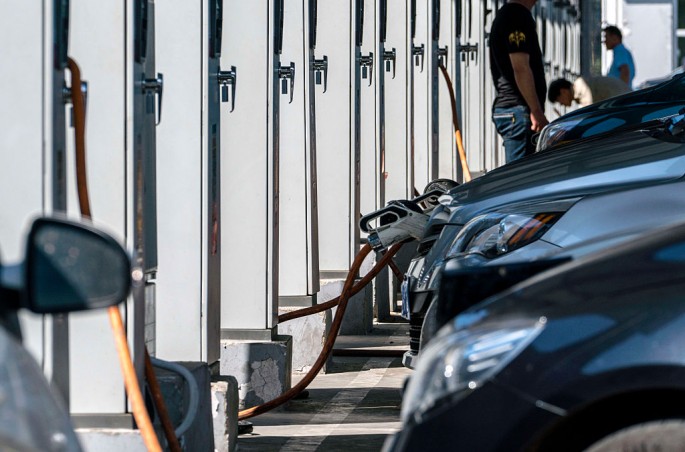Instead of depending solely on sales subsidies, China is thinking of imposing electric vehicle (EV) policies similar to California's system to encourage carmakers to produce more clean-energy vehicles or purchase carbon credits from their peers.
An article published in autonewschina.com said that the National Development and Reform Commission (NDRC) has proposed rules in a draft document that would require some automakers to produce or import EVs and plug-in hybrids in the same quantity as the number of gas-fueled vehicles they sell.
The country's top industry regulator added that companies that cannot meet the carbon dioxide emission reduction targets would be asked to buy credits or pay fines that could be five times the average price of the credits.
Automakers in the country are currently offered EV sales incentives by the government with the aim to reduce air pollution and encourage the development of cutting-edge technology in car production.
The report said that the Chinese government prepared the new proposal after studying California's zero-emission vehicle policy.
"Without question, this will be good for the industry and will promote the development of all types of clean-energy vehicles," Ye Shengji, deputy secretary general of the China Association of Automobile Manufacturers, said during a press conference on Friday, Aug. 12, in Beijing.
China was declared the world's largest market for electric vehicles last year, beating the United States. The country now aims its annual sales of EVs and plug-in hybrids to surpass 3 million units by 2025.
Since 2009, the Chinese government has spent about 15 billion yuan ($2.3 billion) on subsidies to encourage the sale of EVs. It plans to phase out the subsidies after 2020.
"Given that some key automakers lack the motivation to develop new energy vehicles, there is concern that development in the industry will suffer once the fiscal policies are weakened or dropped," the NDRC's draft document said.
The agency said that the rules are mandatory for large automakers and voluntary for the rest.



























